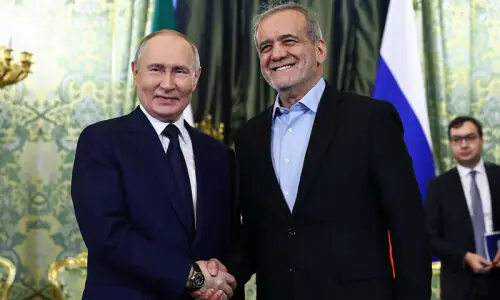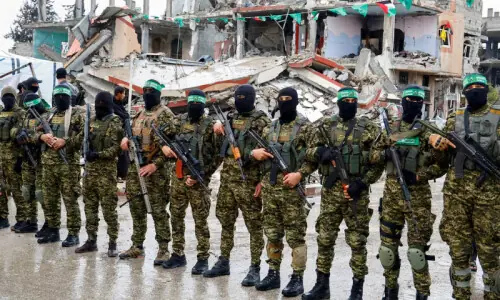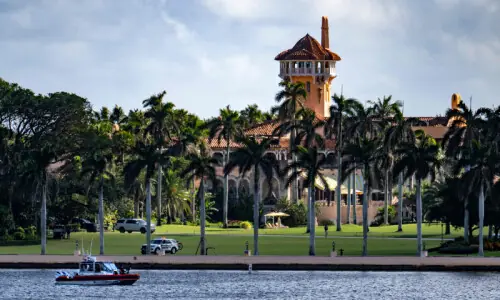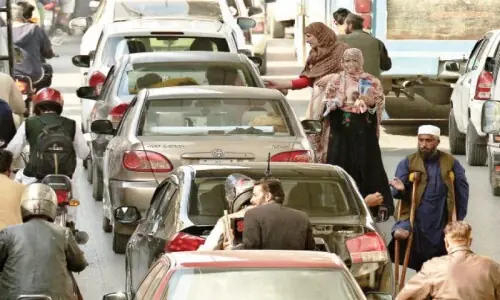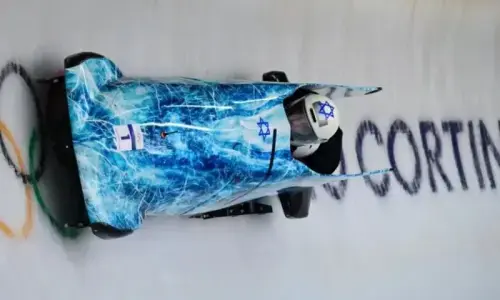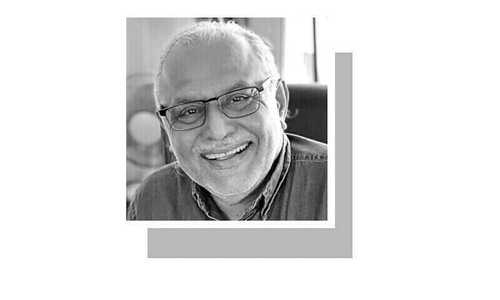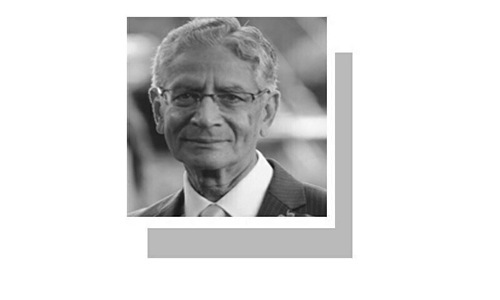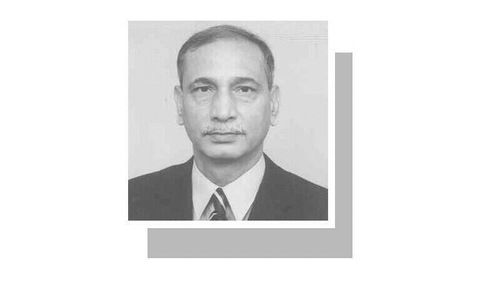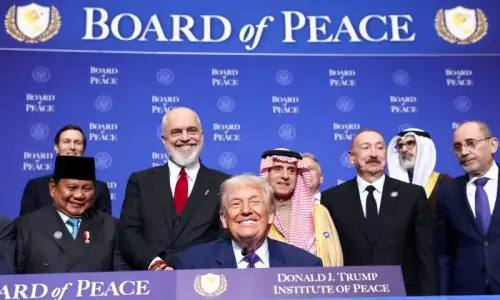KHARTOUM: Ethiopia’s prime minister held separate talks with Sudan’s military rulers and opposition in Khartoum on Friday in a bid to ease the political crisis that has followed the overthrow of President Omar al-Bashir.
The Ethiopian initiative follows the worst bloodshed in Sudan since Bashir was ousted by the military in April after four months of protests against his repressive three-decade rule.
The opposition says 113 people were killed in the storming of a civilian protest camp on Monday and a subsequent wider crackdown. The government put the toll at 61 people, including three security personnel.
At Khartoum airport, Abiy was greeted by Lieutenant General Shams El Din Kabbashi, spokesman for Sudan’s ruling Transitional Military Council.
Abiy later hosted a meeting at the Ethiopian embassy with the opposition Declaration of Freedom and Change Forces alliance.
“He expressed Ethiopia’s commitment to fostering peace in the region and underlined that a prerequisite for restoring peace in Sudan is unity,” Abiy’s office said.
Both sides had been in talks for weeks over who should lead Sudan’s transition to democracy. But the already faltering negotiations collapsed in the wake of this week’s crackdown.
Abiy Ahmed, who took office in Ethiopia last year and introduced political and economic reforms, has won wide praise for his diplomacy skills, including brokering peace with his country’s neighbour and long-time foe Eritrea.
The African Union on Thursday suspended Sudan until the establishment of civilian rule, intensifying global pressure on the military leaders to stand down. The United Nations and several governments have also condemned the bloodshed.
A doctors’ group linked to the protest movement said hospitals were now overcrowded with people injured in the crackdown. Five main hospitals had been shut down by the paramilitary Rapid Support Forces, it said.
“There is a great shortage in medical staff, mainly caused by the military militias targeting doctors and preventing them from reaching hospitals and clinics to perform their duty,” it said. “For all these reasons, more and more lives are being lost every day.” The United Nations’ health agency also said medical staff had apparently been targeted for treating the wounded.
Some staff and patients had been injured in raids into hospitals, the UN’s World Health Organisation said in a statement. Emergency services were being shut down, it said. Mobile tent clinics that had been set up to treat injured protesters had been set on fire and destroyed while medical equipment had been looted. Some women had reportedly been raped, it said.
“These actions represent a total and unacceptable violation of international human rights law and must stop,” said Ahmed Al-Mandhari, WHO regional director for the Eastern Mediterranean.
The WHO did not say who had entered the hospitals or attacked the staff, but Amnesty International and the opposition have said the Rapid Support Forces were the main participants in the violence. The military council has said people had put on uniforms of the Rapid Support Forces to impersonate them in an attempt to harm their reputation. Monday’s raid was targeting criminals in an area next to the camp but got out of hand, it said.
Published in Dawn, June 8th, 2019


